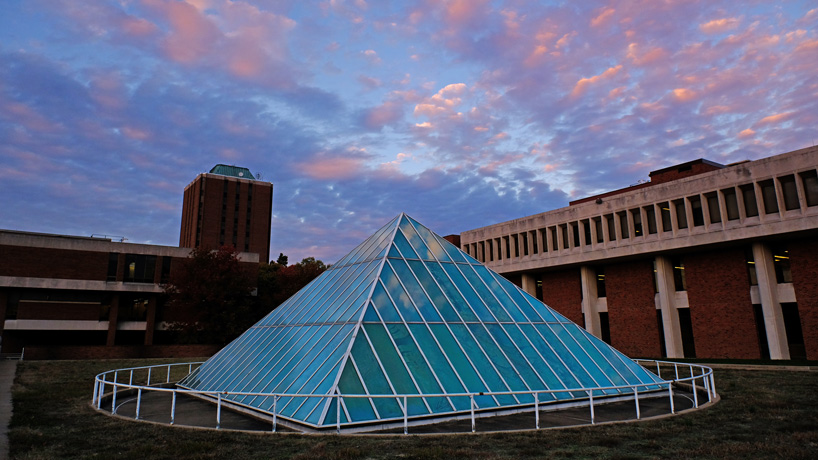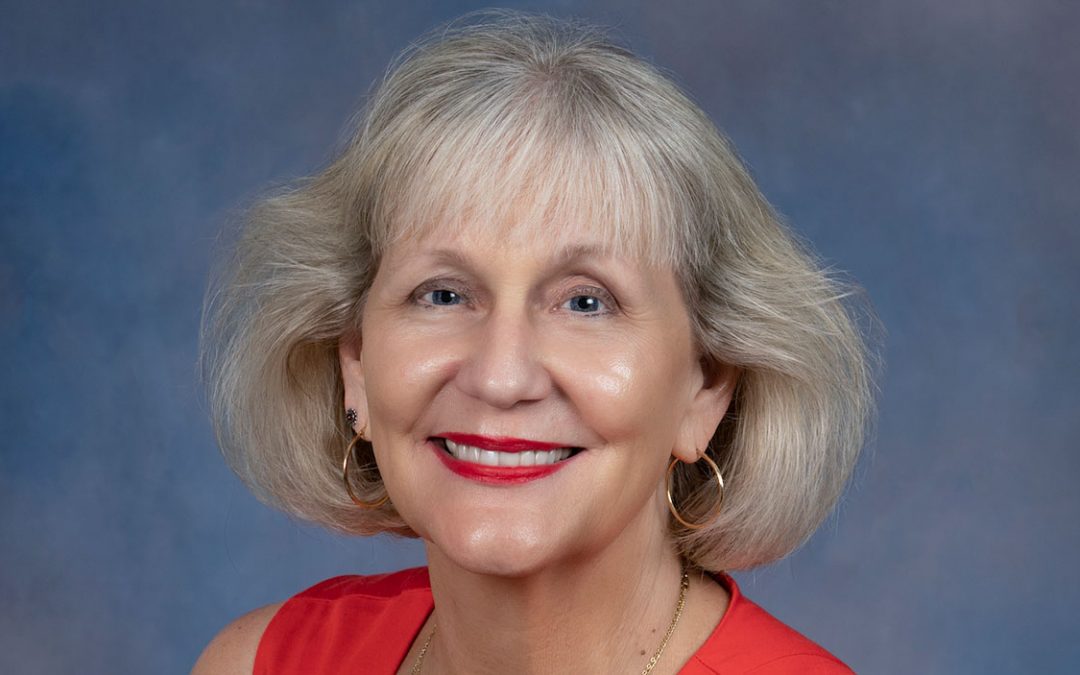
UMSL is joining with the Federal Reserve Bank of St. Louis, Saint Louis University and Washington University in St. Louis to support a new Federal Statistical Research Data Center, which will be housed on Washington University’s Danforth Campus.
Researchers at the University of Missouri–St. Louis and across the St. Louis region will soon benefit from improved access to government data on demographics, health care, labor and economics, among other fields.
The U.S. Census Bureau has approved plans to open a Federal Statistical Research Data Center branch in St. Louis as soon as the 2022-23 academic year. UMSL is joining with the Federal Reserve Bank of St. Louis, Saint Louis University and Washington University in St. Louis to support the center, which will be housed on Washington University’s Danforth Campus.
The center will contain microdata from the U.S. Census Bureau and other federal agencies, including the Agency for Healthcare Research and Quality, Bureau of Economic Analysis, Bureau of Labor Statistics, National Center for Health Statistics and National Center for Science and Engineering Statistics.
“If we want to support the research of our faculty, we have to give them the tools they need to do good, quality research, and for areas like health sciences, social sciences and business, that means access to really quality databases,” said Chris Spilling, vice chancellor for research and community and economic development. “These Federal Statistical databases provide access to lot of primary data. It’s proprietary data, and they’re very secure facilities. But because it’s such rich data, it means that the faculty can use it to do really cutting-edge stuff.”
Spilling said representatives of the four institutions began discussions about partnering to support a center about two years ago, and Spilling found enthusiastic support for the idea in colleges and departments across the UMSL campus.
Currently, the closest sites for local researchers to access secure government data are at the University of Missouri Research Data Center in Columbia, Missouri, and the Kansas City Research Data Center, located at the Federal Reserve Bank of Kansas City.
“In the past, if researchers from local universities wanted to access the confidential data maintained by the U.S. Census, they had to travel to other cities and pay high fees,” said Lee Slocum, a professor in the Department of Criminology and Criminal Justice. “Once the St. Louis Data Center is opened, researchers at UMSL will be able to access a wealth of data that is not available anywhere else, at no charge to them. The Data Center will not only facilitate existing lines of study but also spur new areas of inquiry for researchers from a variety of departments across campus.
“Data Centers have become increasingly important for researchers as growing concerns over privacy have led to limited public access to data. This is a major victory for researchers throughout the region.”
Because of the sensitive nature of the data, each center maintains strict physical and information security standards. Even researchers from the partnering institutions will need to gain approval from the Census Bureau for all projects and undergo training to obtain Special Sworn Status. But they’ll be able to collaborate with researchers across the country in a secure computing environment.
“We are very excited because this branch will enhance the work of researchers across the St. Louis region, including at the University of Missouri–St. Louis,” said Marie Mora, provost and executive vice chancellor for academic affairs. “The collaboration with Federal Reserve Bank of St. Louis, Saint Louis University and Washington University is helping us all bring more accessibility to federal databases at a time when the St. Louis region is undergoing its own collaborative transformation for shared prosperity. Everyone benefits, and I believe the existence of this branch will also help us in the recruitment, success and impact of talented researchers among our faculty and students in a broad array of disciplines, including in health, economics and other social sciences, data sciences and business.”
For more information about the Federal Statistical Research Data Center program, visit census.gov/fsrdc.














